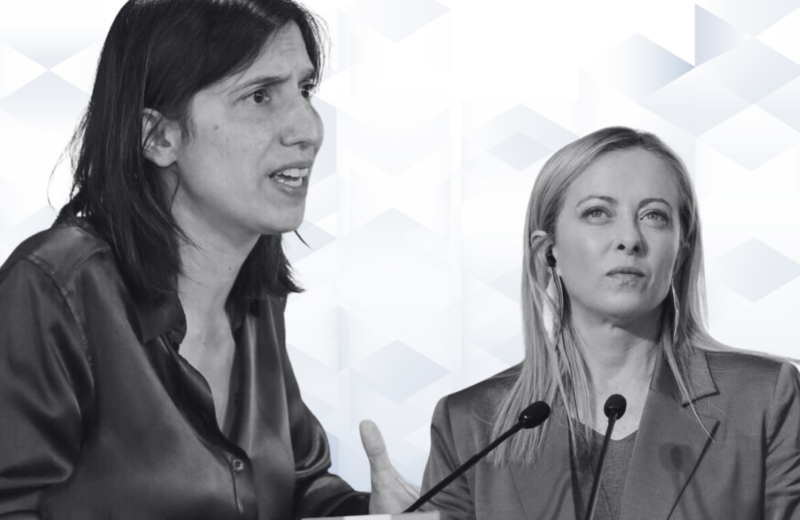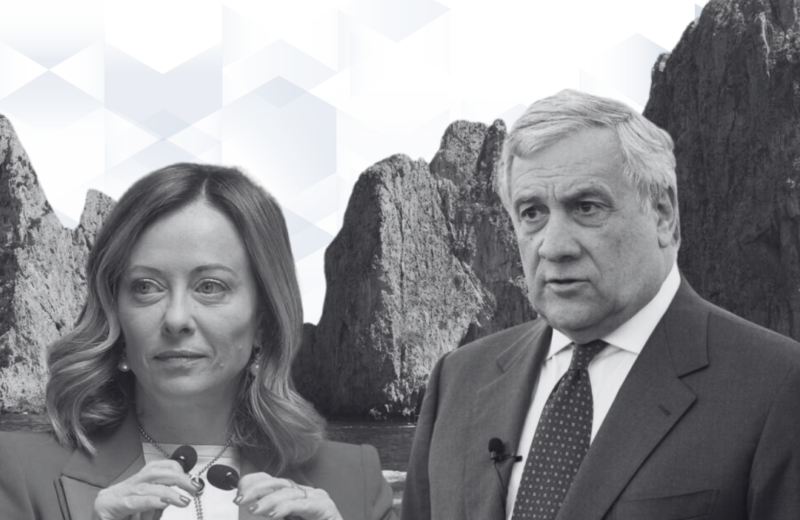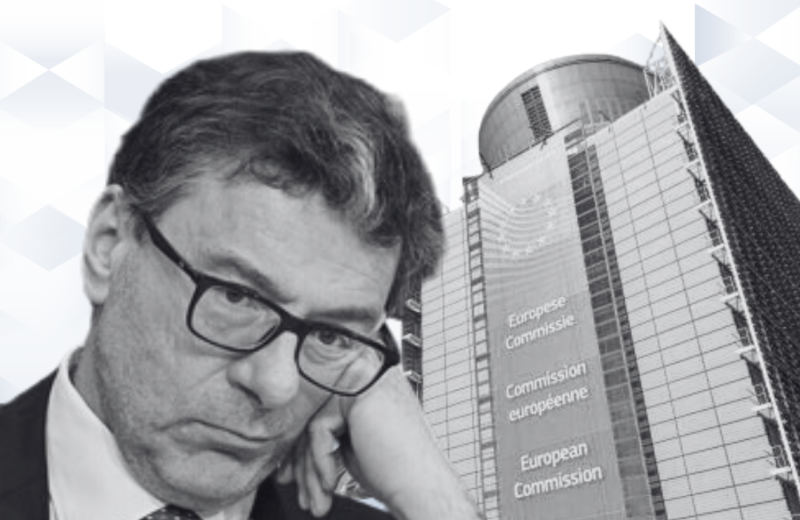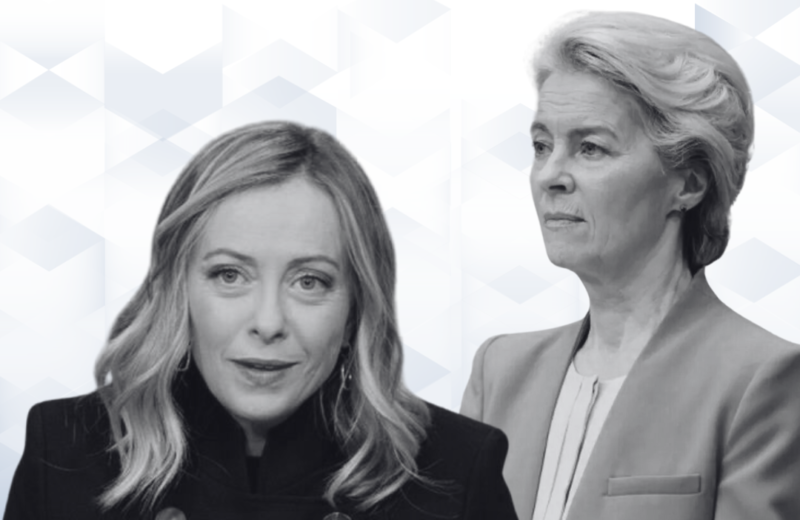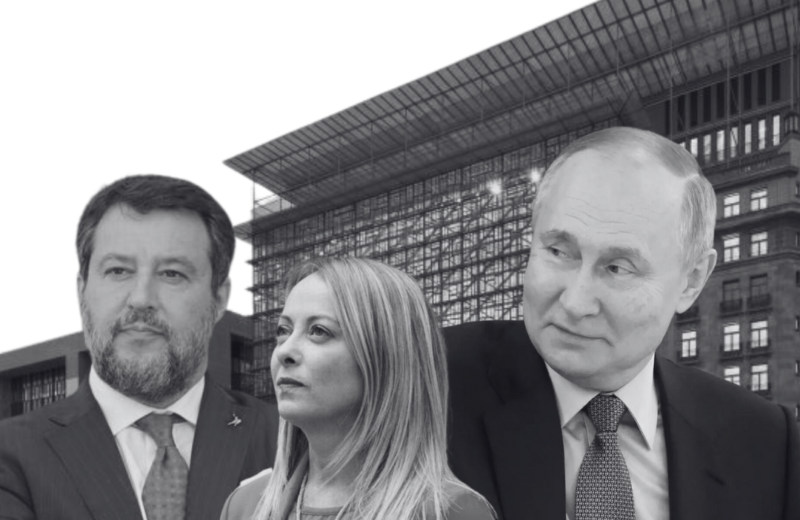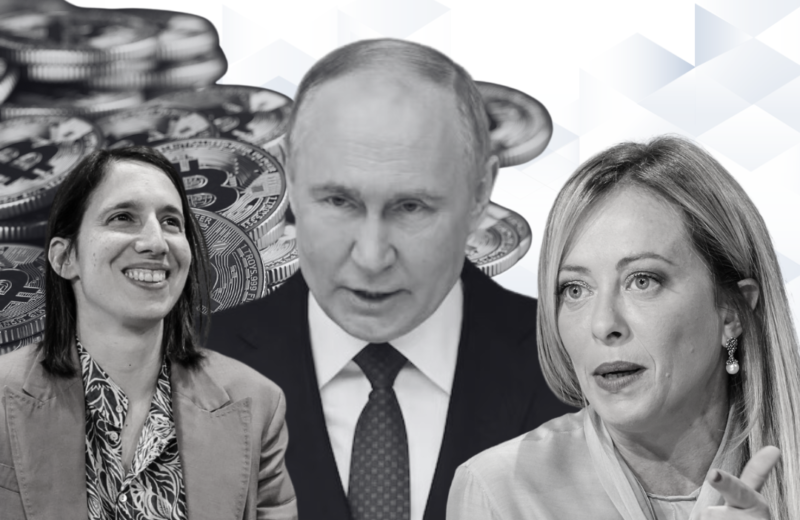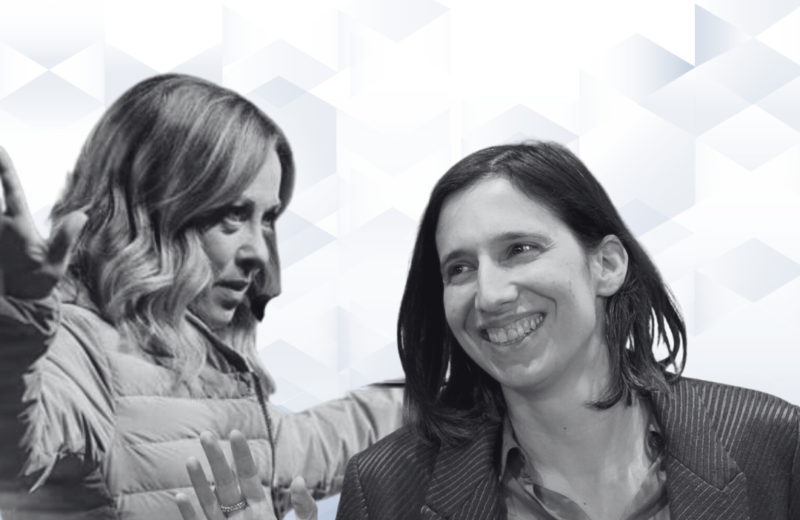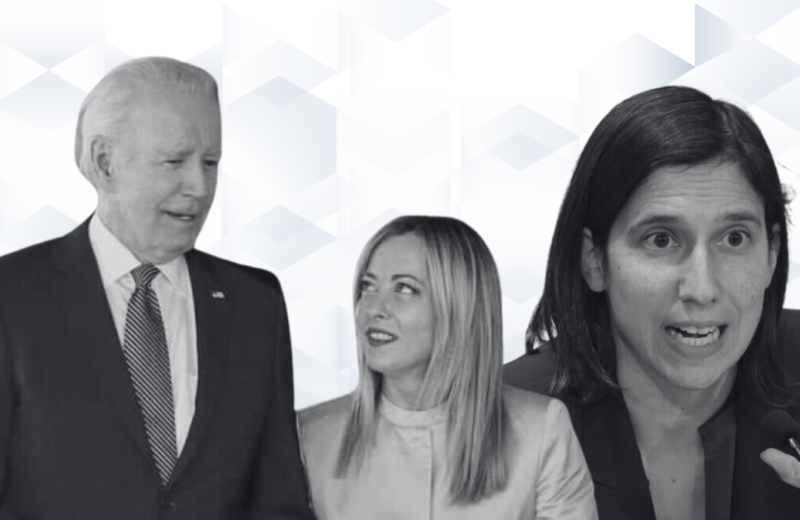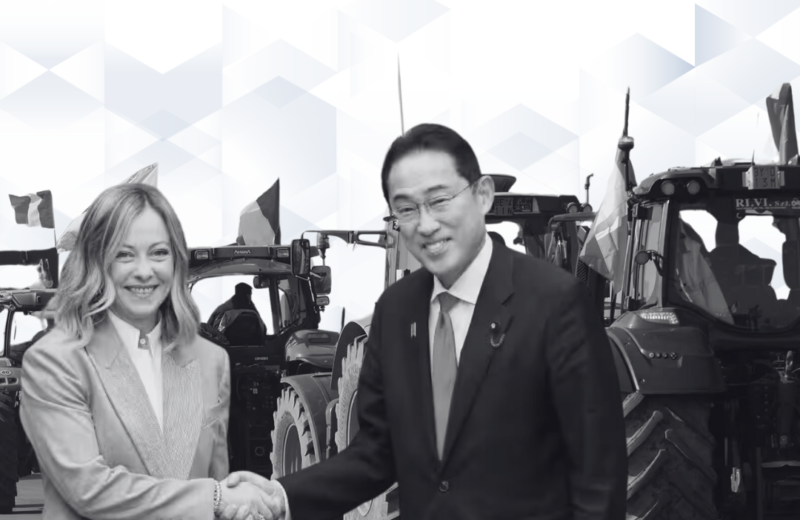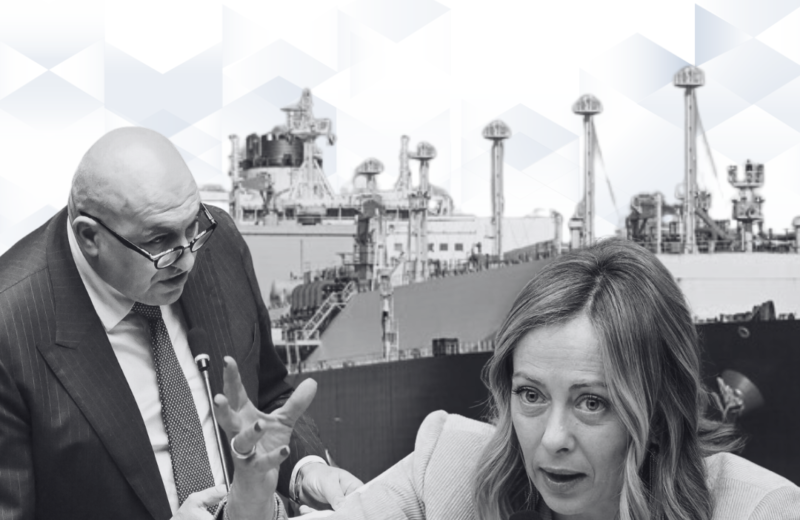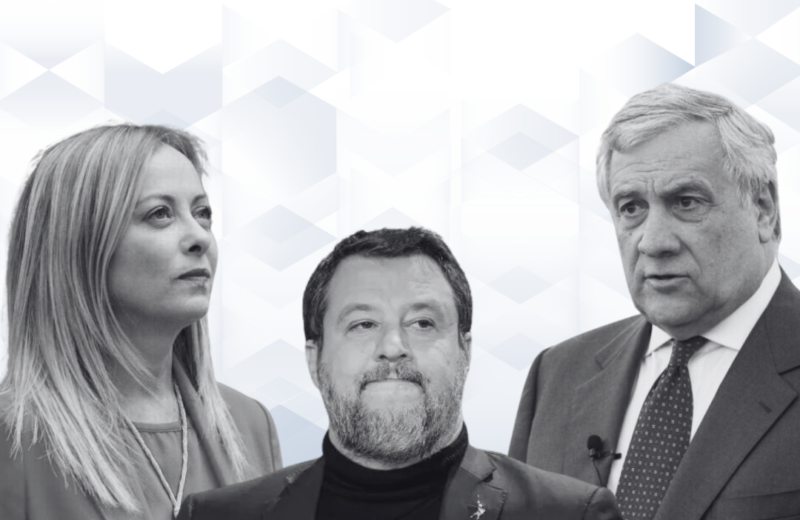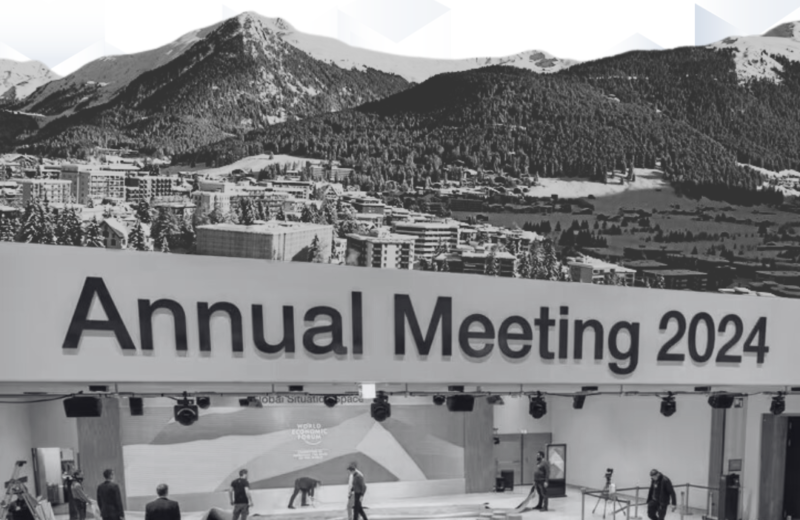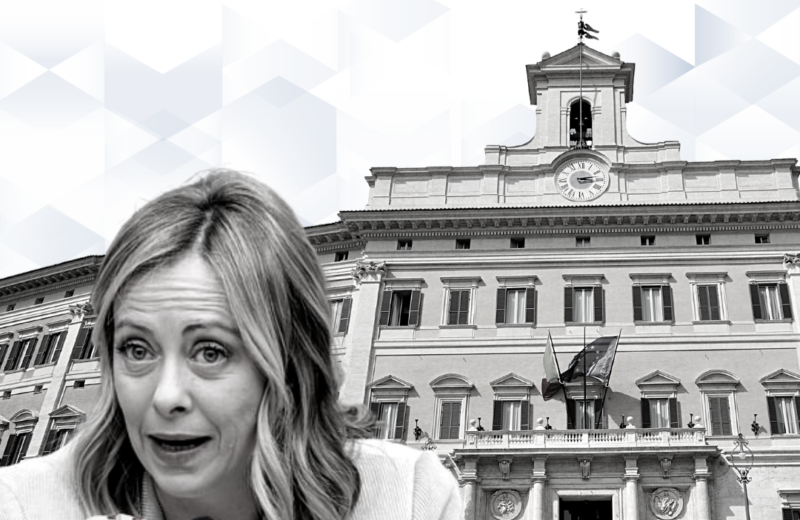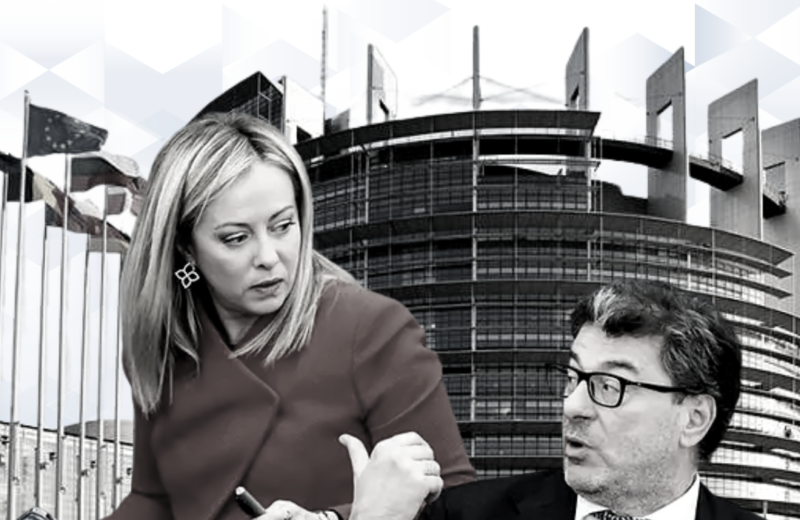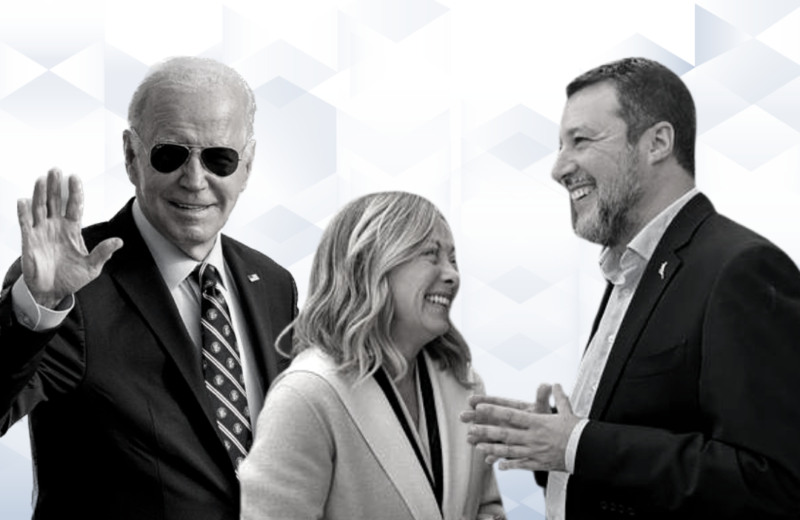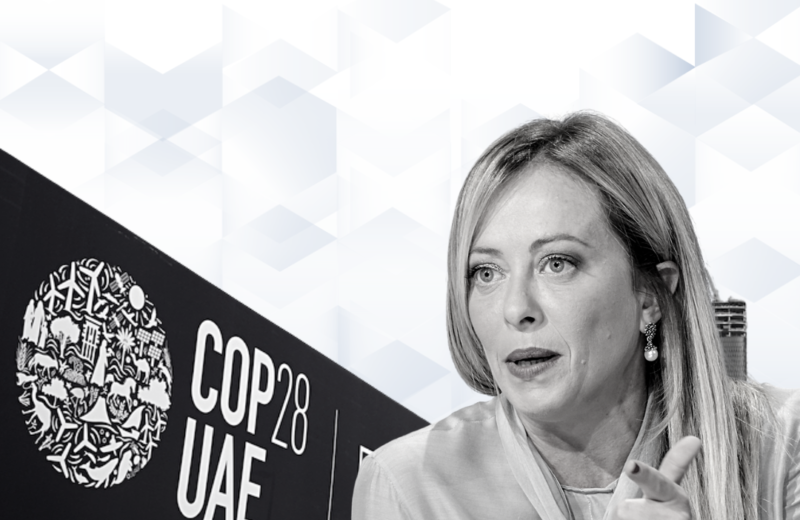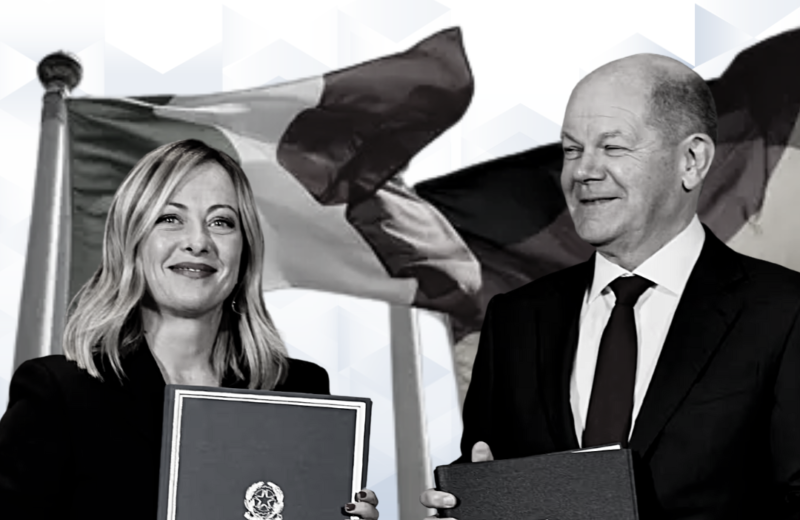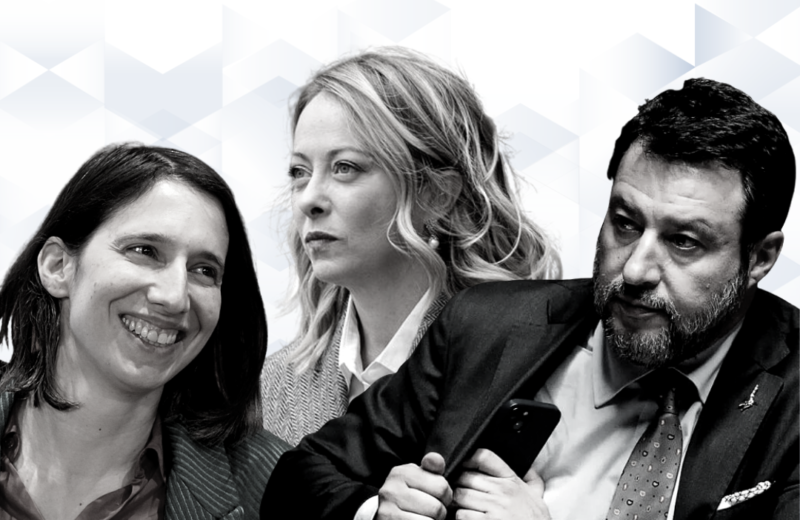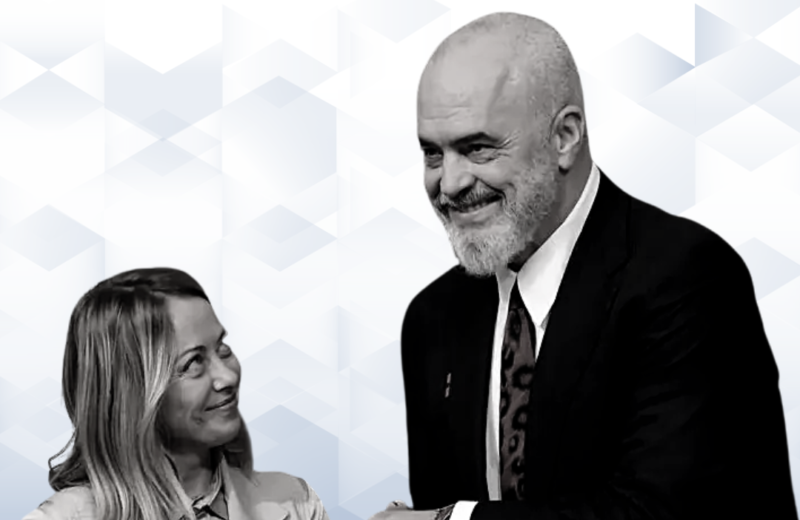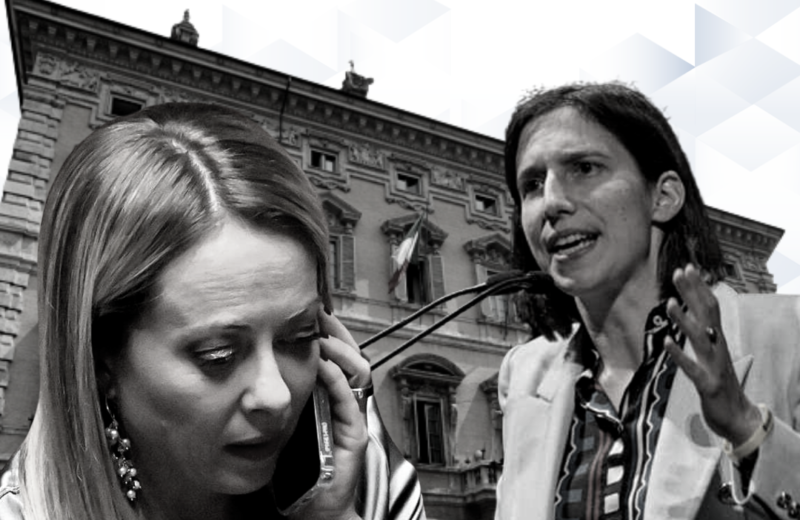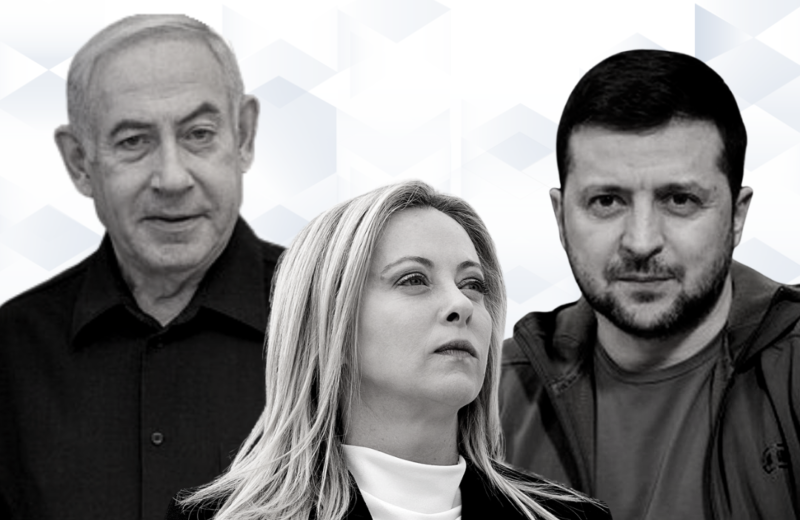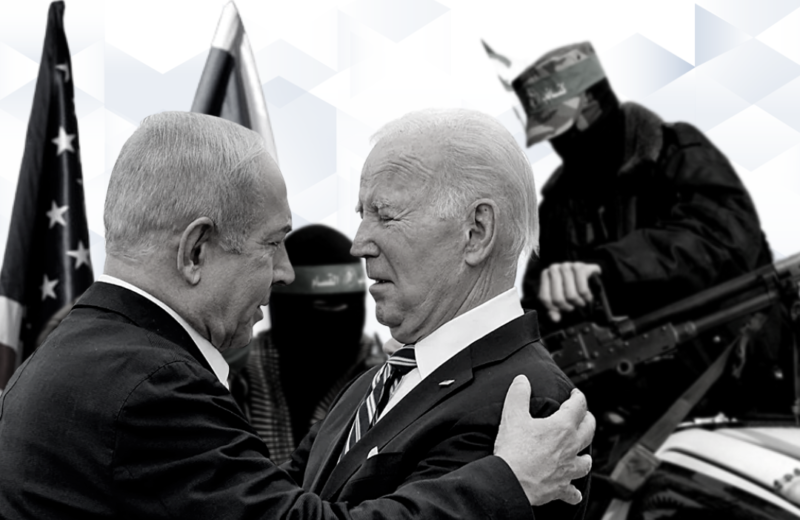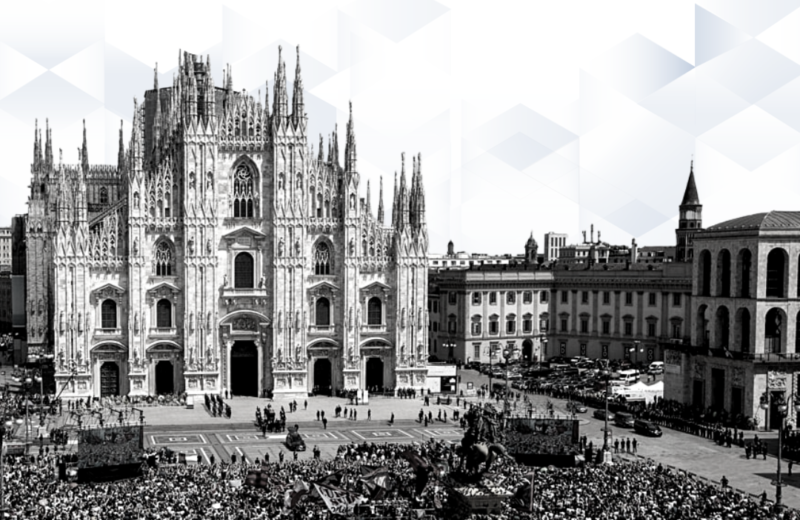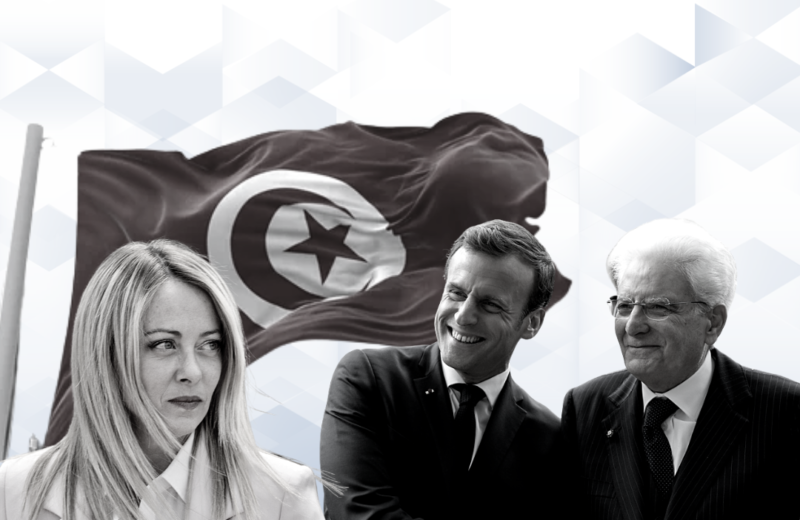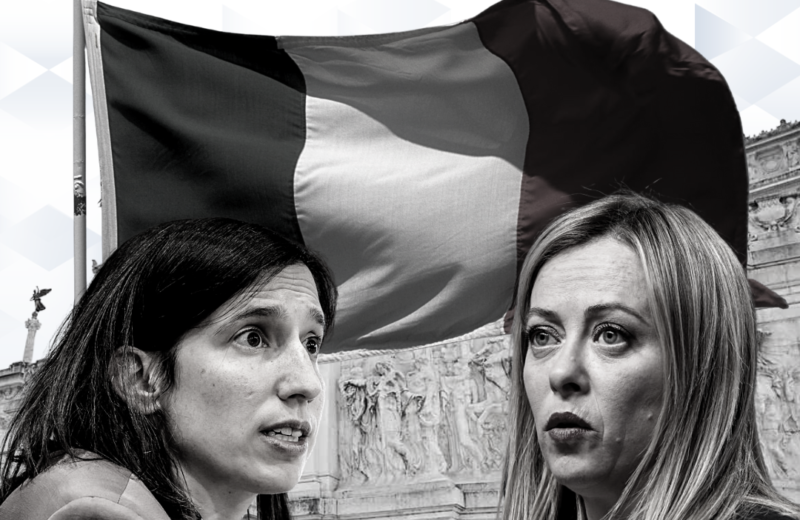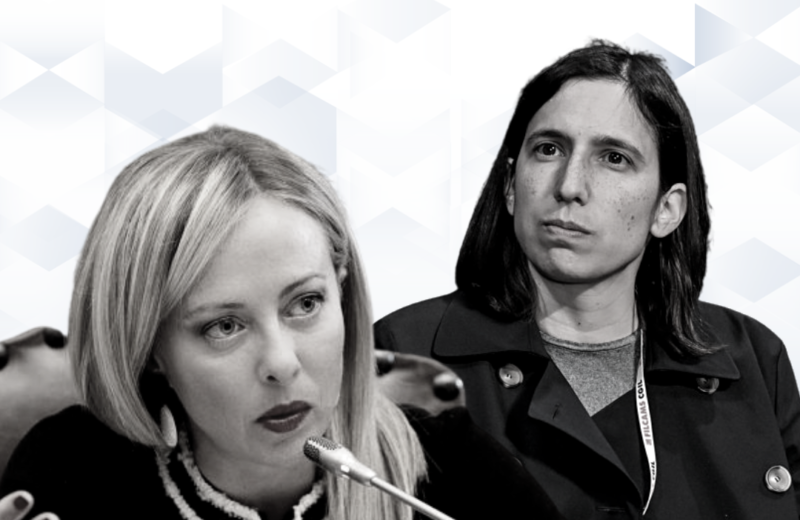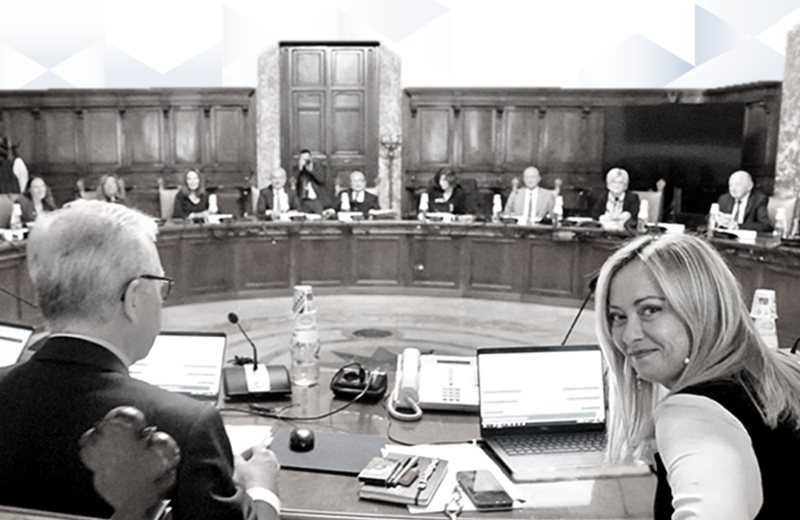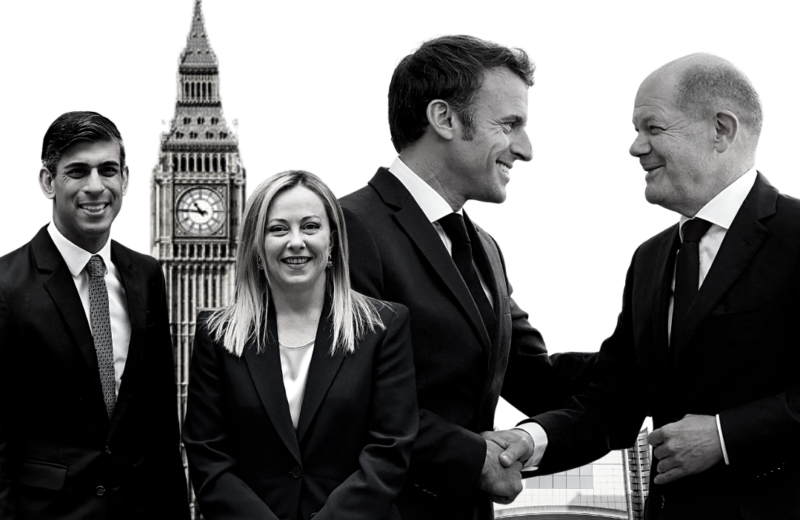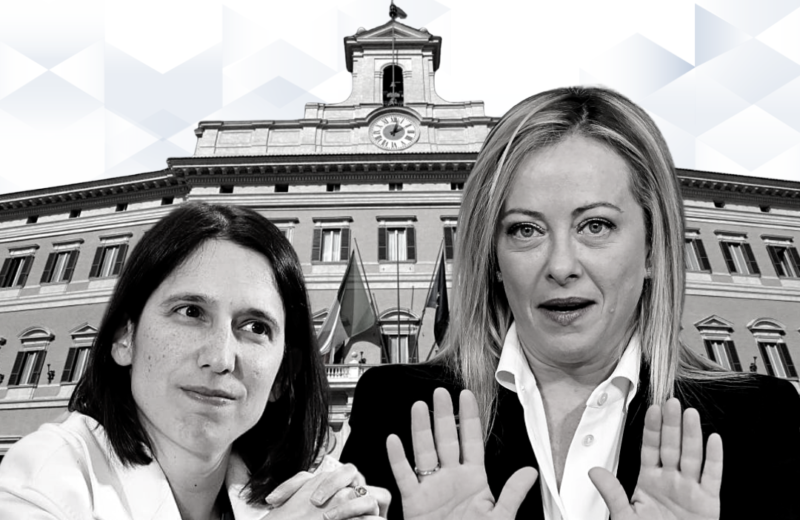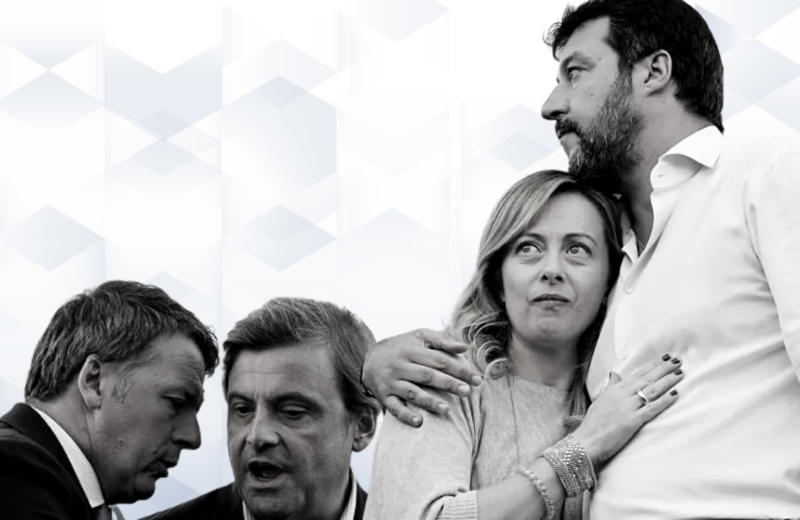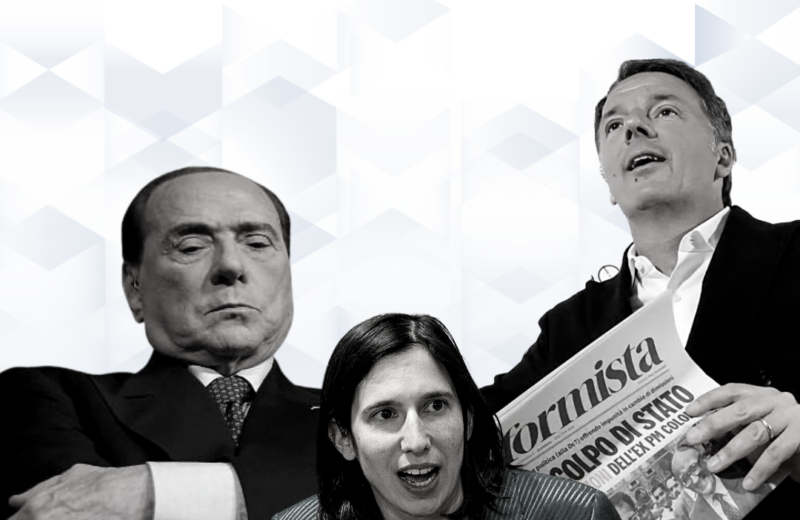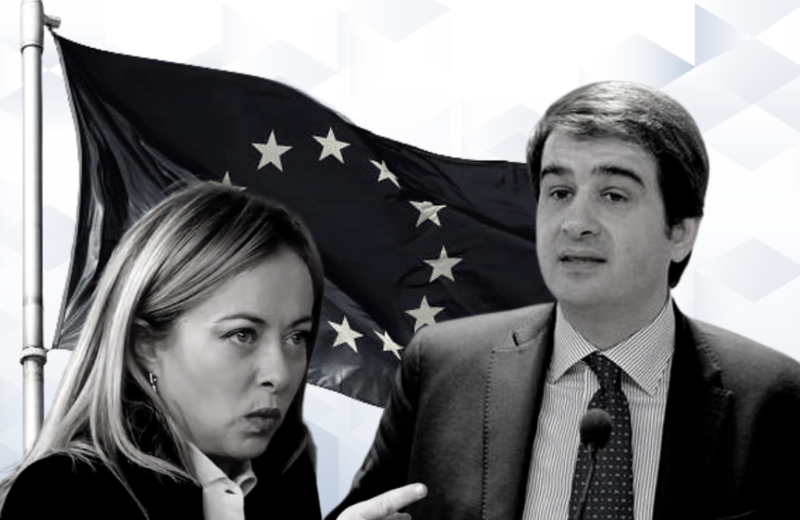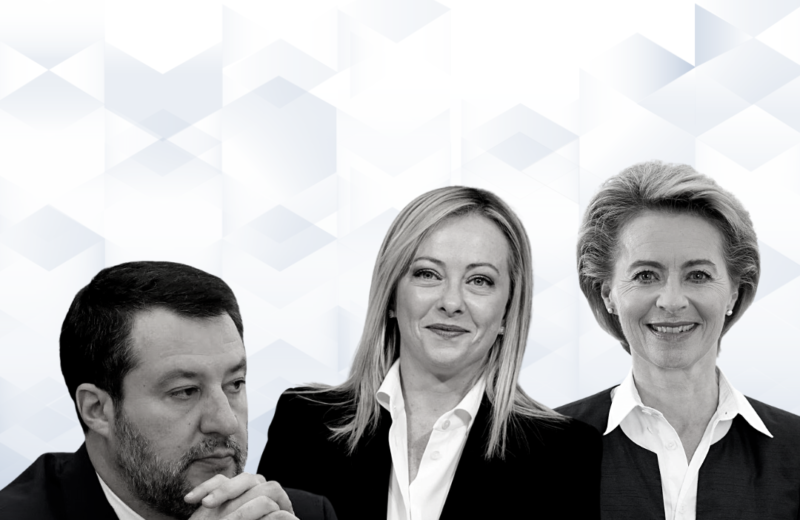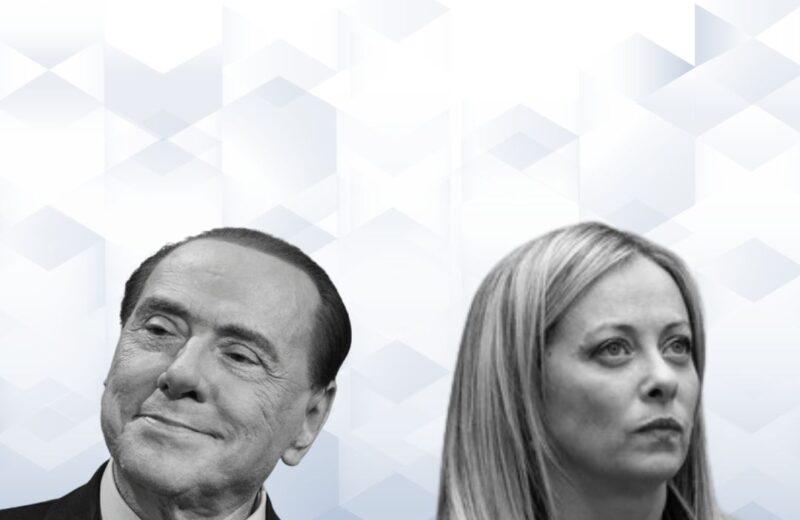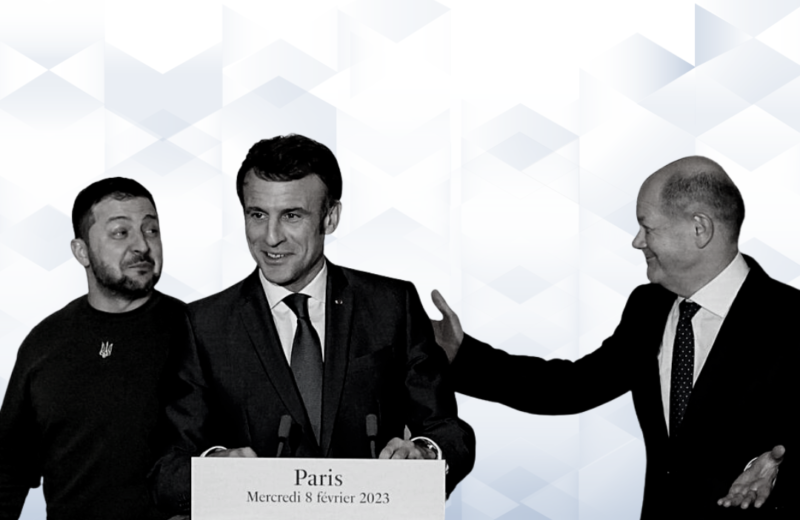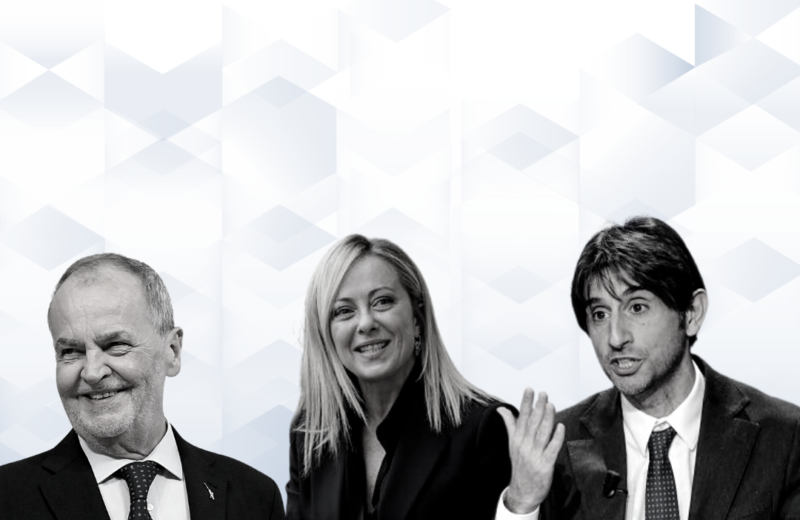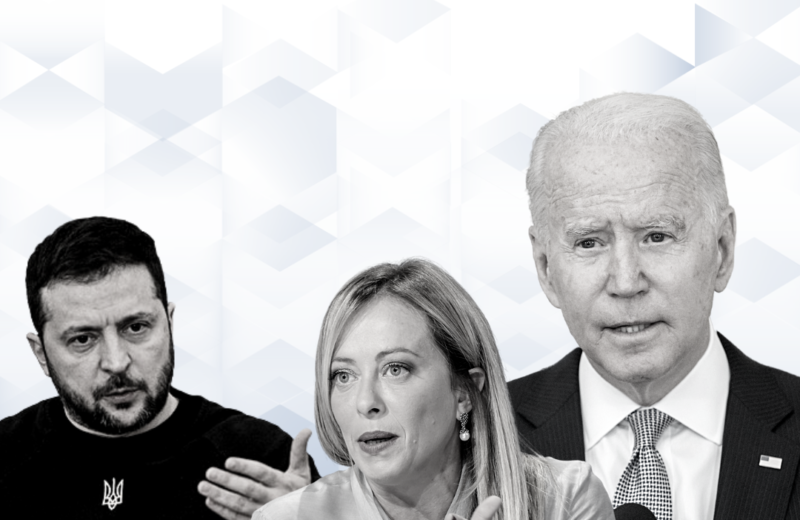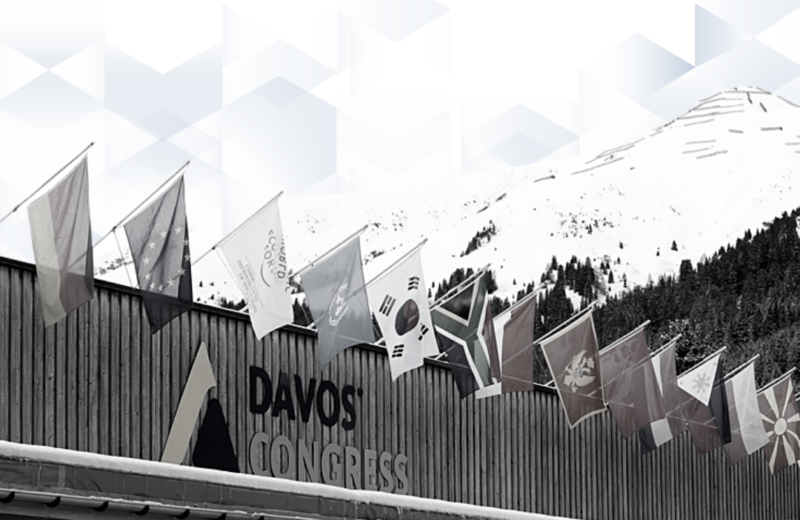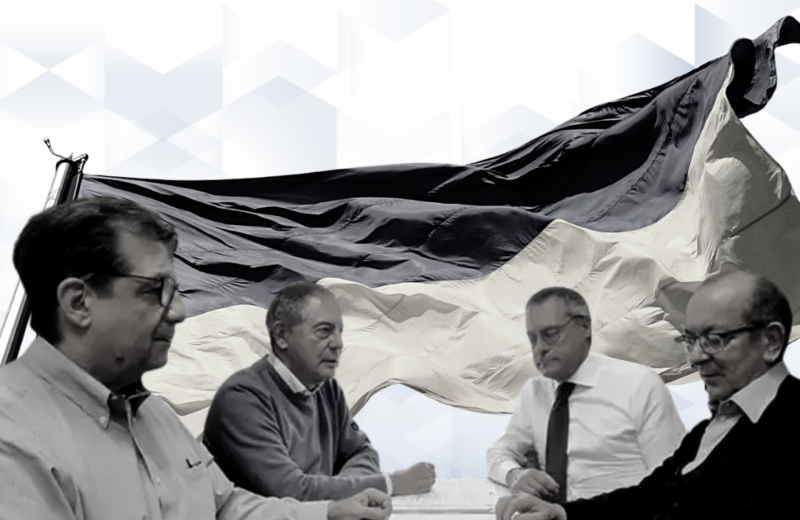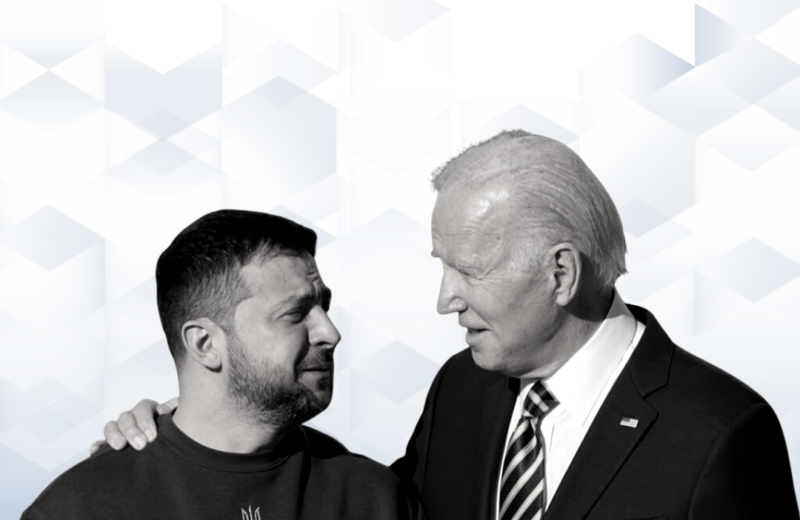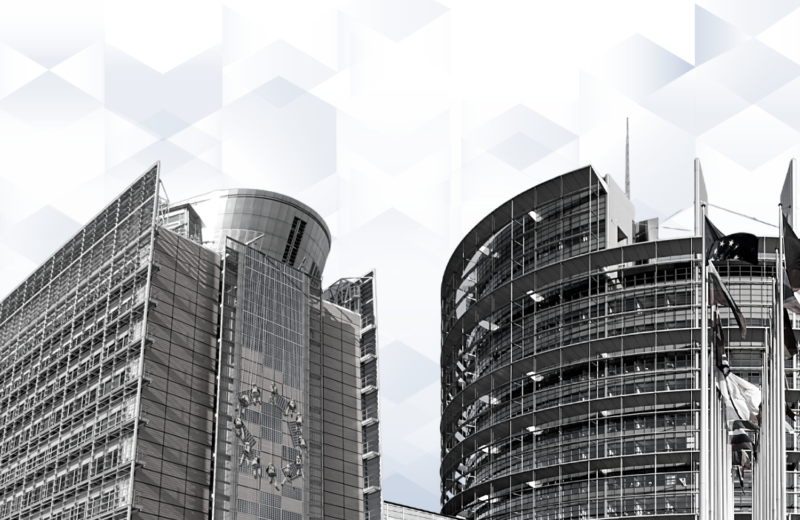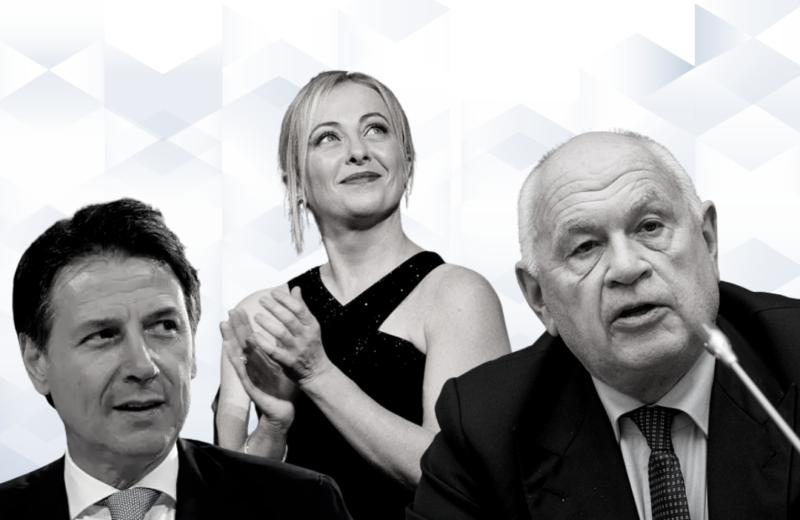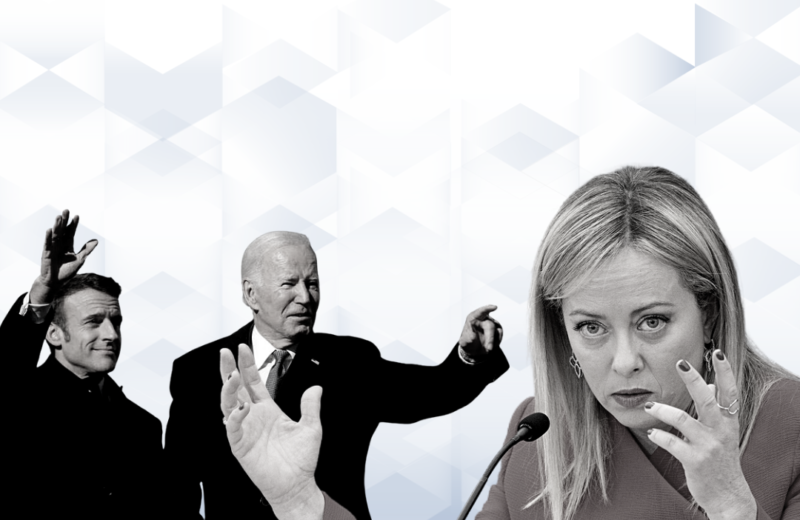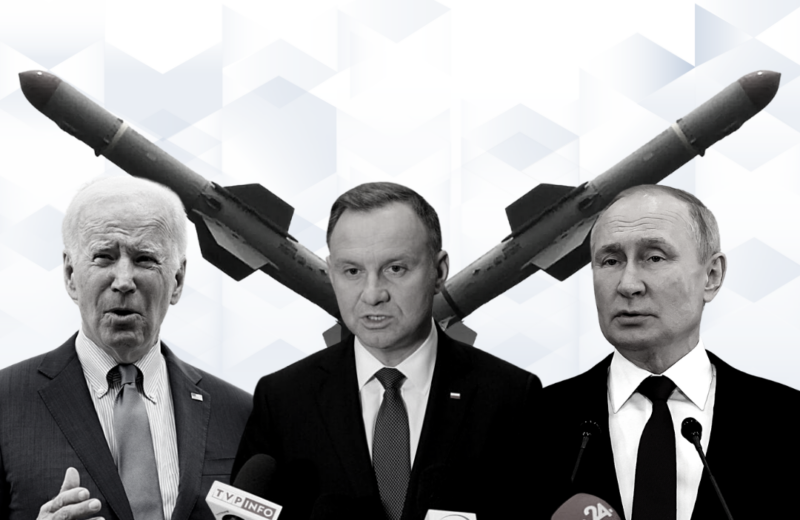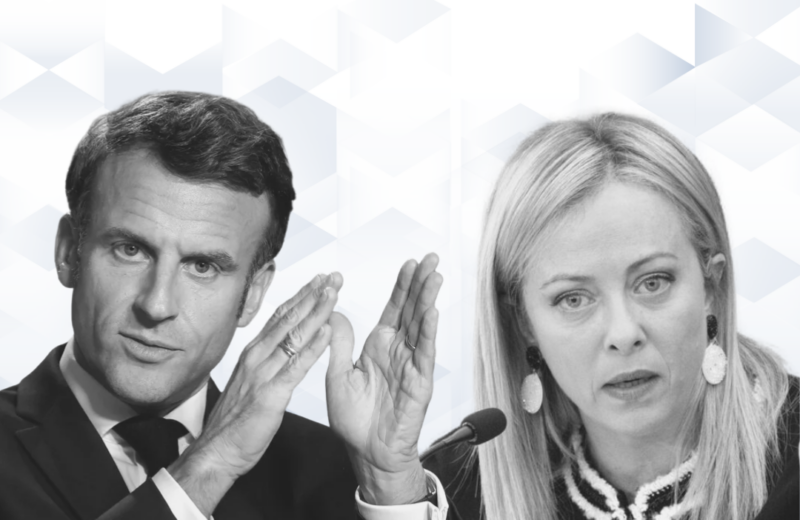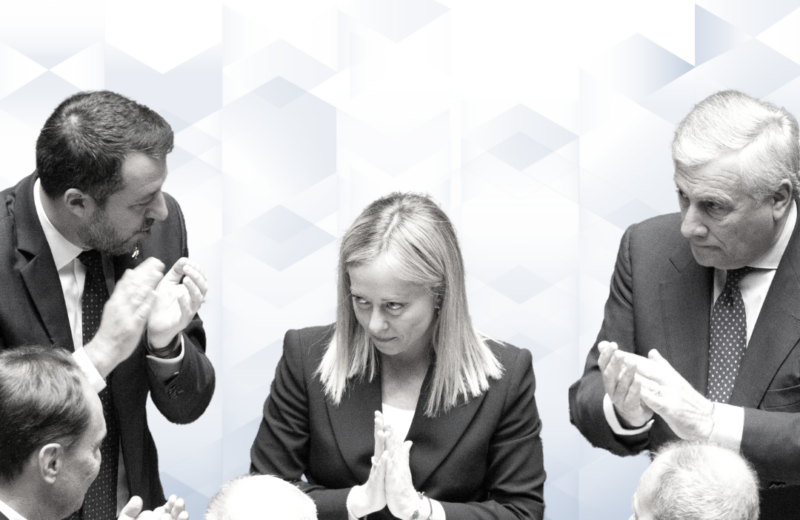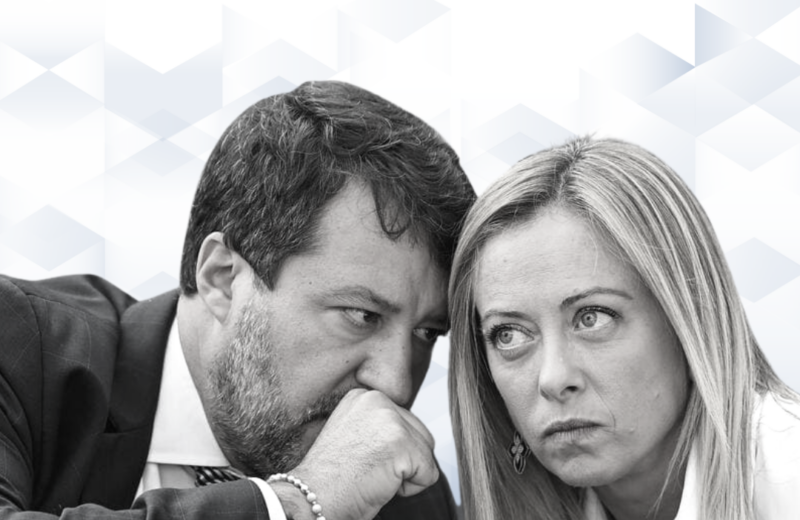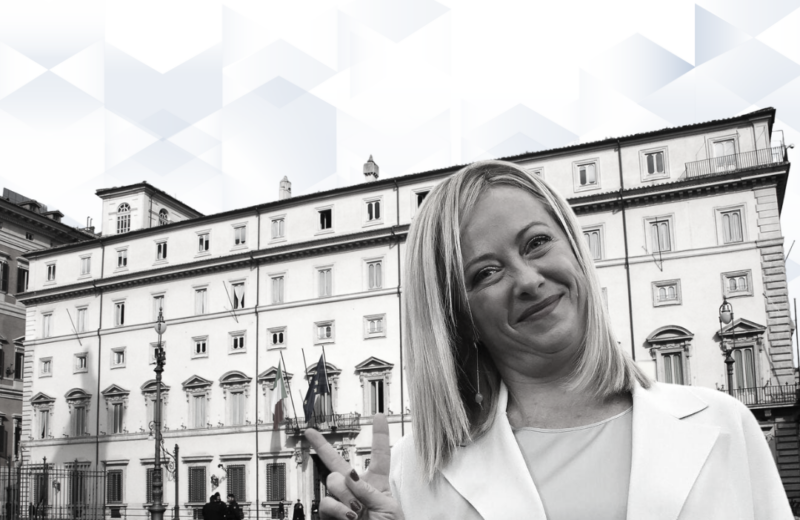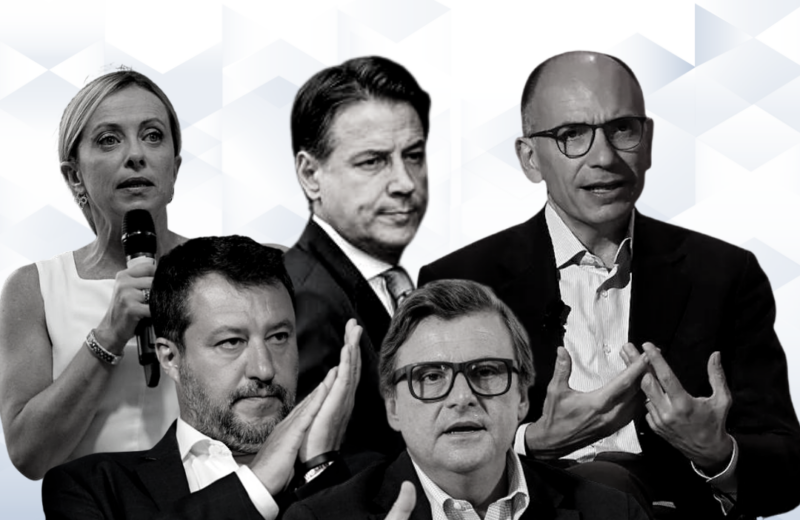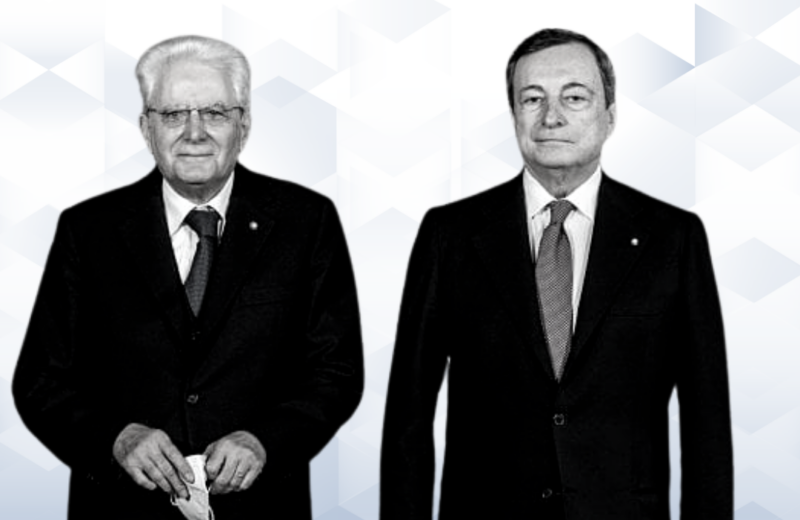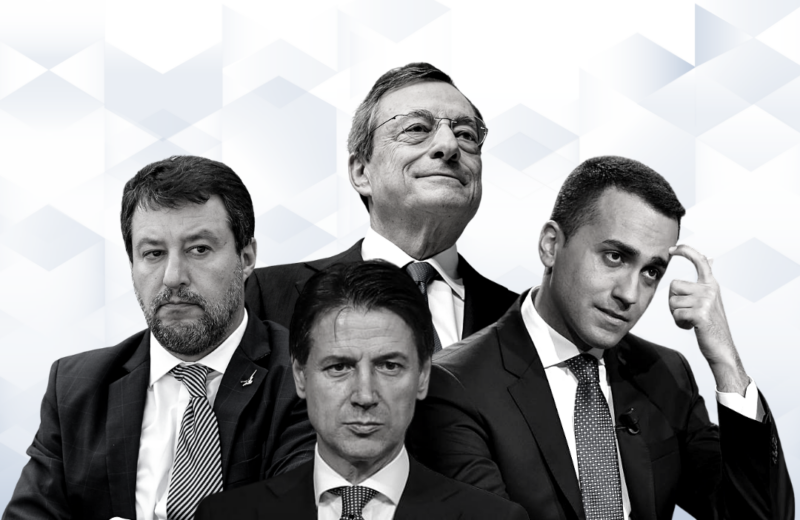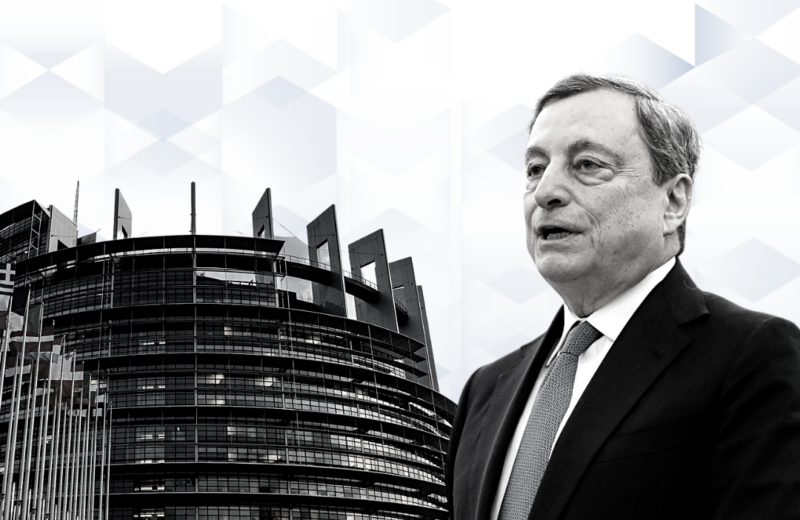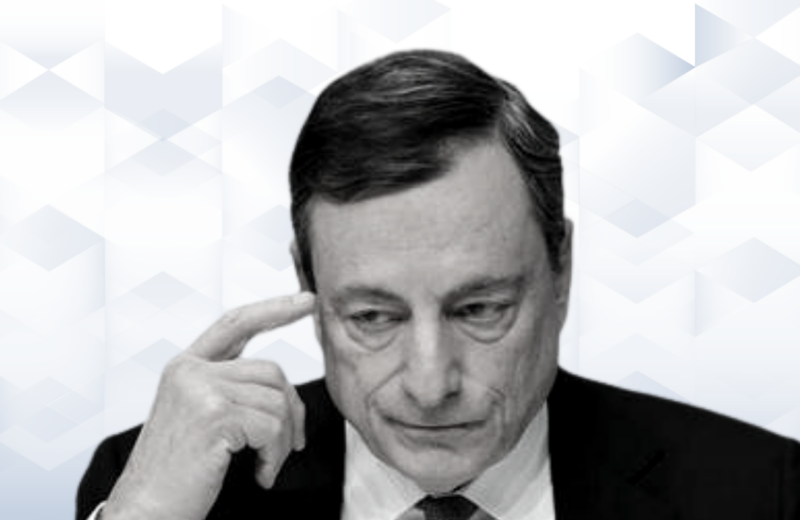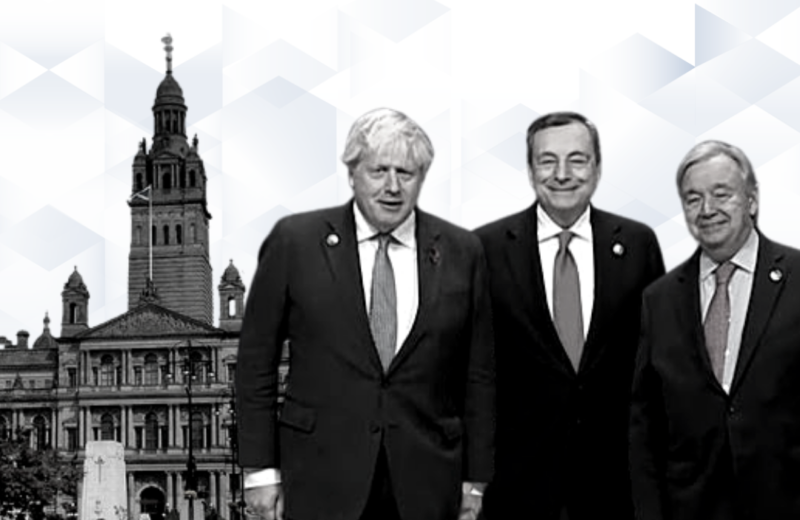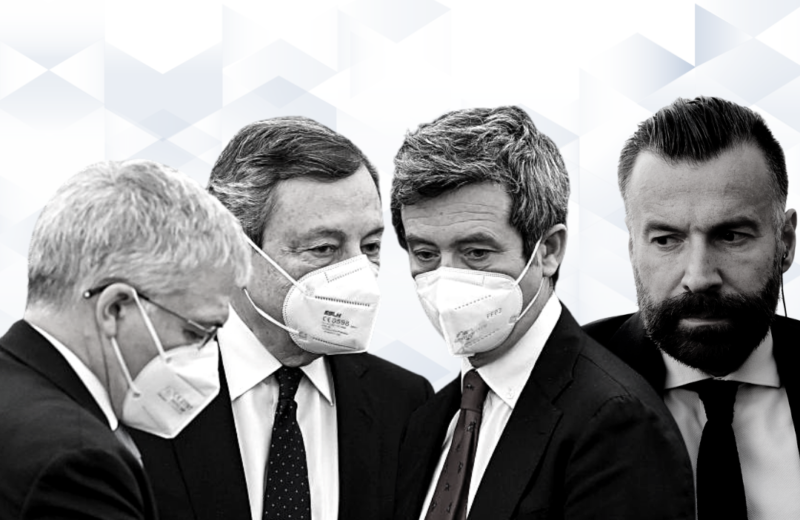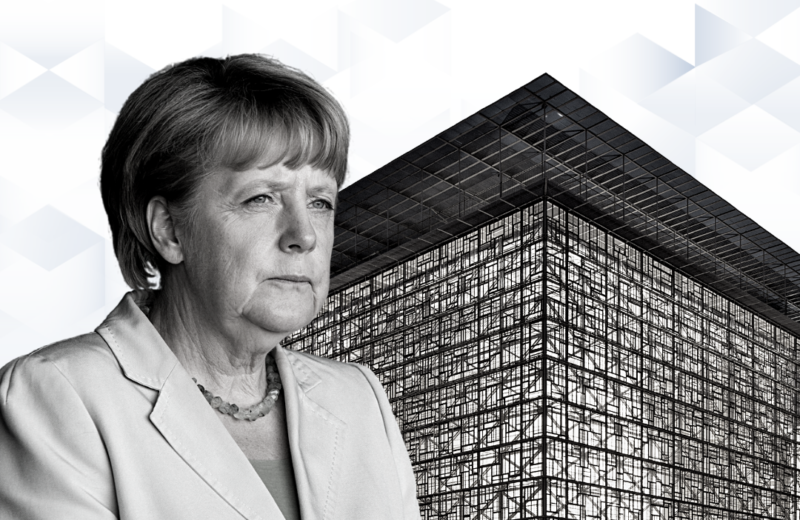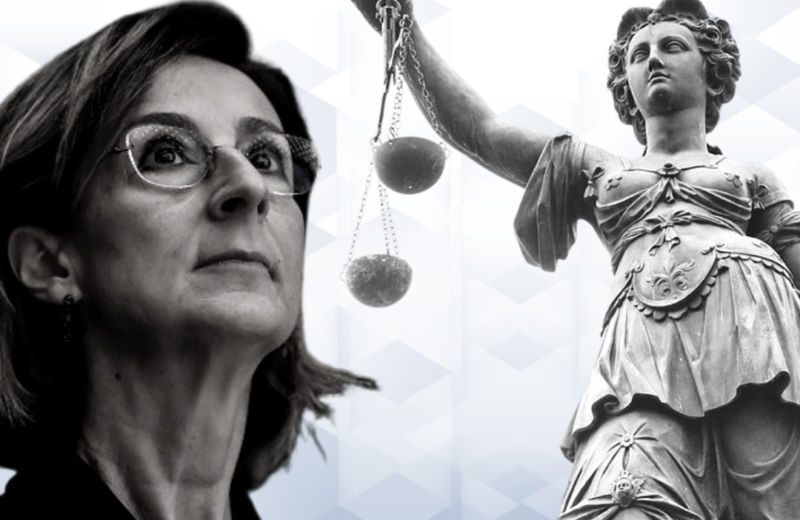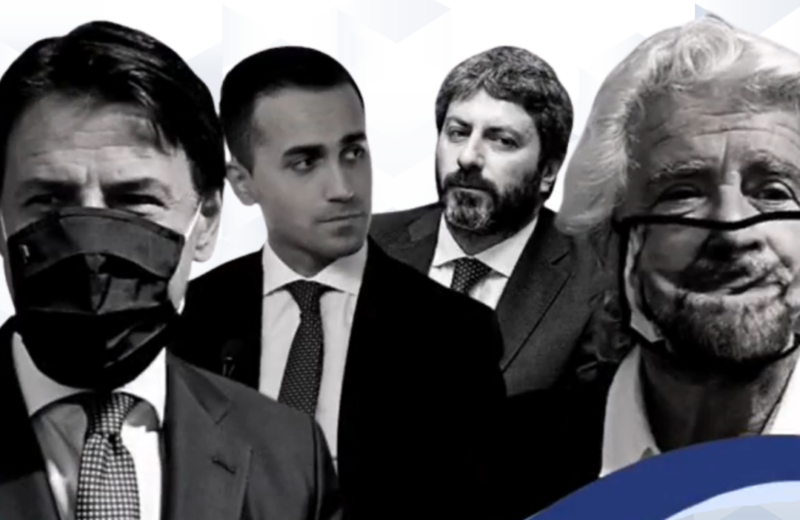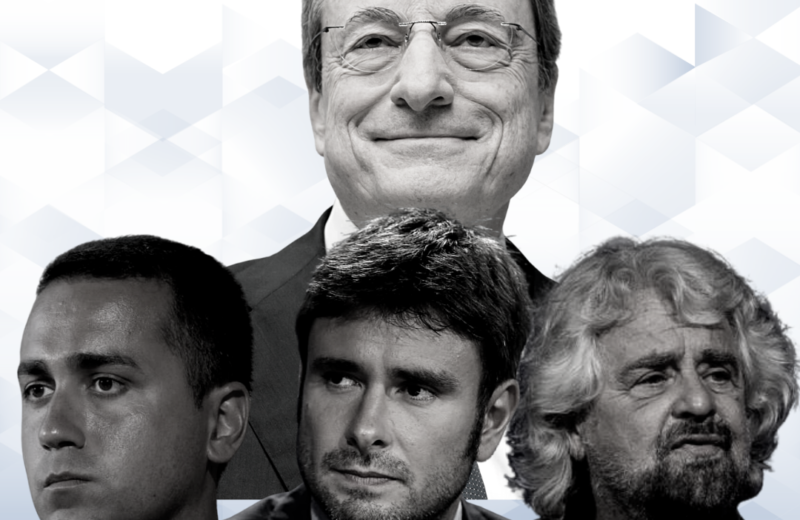The European elections shake Italian politics
Politics is volatile, just one election cycle is enough to shape and reshape it, to change its directions, to reveal weaknesses, strategies, truths, or pretexts. This is the case with the upcoming European elections in June, for which both the majority and the opposition are organizing their respective stances. On one hand, predictably, the center-left seems to want to continue the testing phase of the so-called “broad camp.” On the other hand, the center-right is facing an internal moment of “assessment” from which future consequences in the distribution of internal power balances could emerge.
All eyes are on the Lega. Salvini’s party has experienced a sharp drop in consensus in recent regional electoral competitions, unlike FdI and Forza Italia. So much so that in the last event, there was an explicit conservative turn at both national and European levels, with a clear intention: to play the last card. This aims to channel the virtual void that has emerged to the right of Fdi, a target that may not have shared Meloni’s recent moderate choices. Salvini has openly criticized the von der Leyen-Biden axis, to which the Prime Minister has instead perfectly aligned herself, with discreet results in foreign policy. In the event that this choice also does not yield reliable and prospective results for Salvini’s Lega,, it is likely that the line of the “hawks” of the Carroccio could strengthen with possible internal reshufflings. And perhaps even within the government coalition. Once again, it will be up to the voters to decide.
Speaking of Foreign policy, Giorgia Meloni returned to Italy on Friday from her visit to Lebanon, where she had the opportunity to present herself, once again, as an essential European interlocutor for countries in the Mediterranean basin. The main event of this two-day visit – Wednesday and Thursday – was the meeting with Prime Minister Najib Miqati, followed by an informal dinner. Miqati was hosted a year ago at Palazzo Chigi. However, the last meeting with the Prime Minister dates back to COP28 held in Dubai in November. The main topic on the table during the visit was the Middle Eastern conflict. With a ceasefire to be reached, as decided by the UN resolution, and the need to avoid escalation with neighboring states. However, the meeting was also an opportunity to discuss new policies to counter irregular migration flows and propose solutions to the ongoing refugee emergency in the country. Lebanon hosts approximately 1.5 million Syrian refugees, in addition to 489,000 Palestinian refugees, and is one of the countries with the highest number of refugees relative to its territorial extension.
The European Commission is also moving on this front. On Friday, it discussed an economic agreement similar to those already signed with Tunisia, Mauritania, and Egypt. All, except for Mauritania, saw the fixed presence of Meloni and Ursula von der Leyen. In this sense, the indispensable role of the Prime Minister on the international scene is once again confirmed as an essential interlocutor for a European strategy on migration. In the case of Lebanon, the plan is to prevent Syrian refugees from traveling to Cyprus (in March, 533 migrants arrived, compared to 36 in 2023), the EU outpost. The announcement of a possible agreement between Brussels and Beirut was made by Vice President of the European Commission, Margaritis Schinas, during his visit to Cyprus on March 22.
Lebanon has been facing a very difficult economic situation for years, with public coffers on the verge of collapse, a political scenario always on the brink of civil conflict, and an even more delicate international situation after the start of the Middle Eastern conflict. On Friday morning, some Lebanese territories were subjected to Israeli raids. The situation is very delicate, and unfortunately, despite the heartfelt appeals of Pope Francis on Friday, the paths to peace still seem distant.
